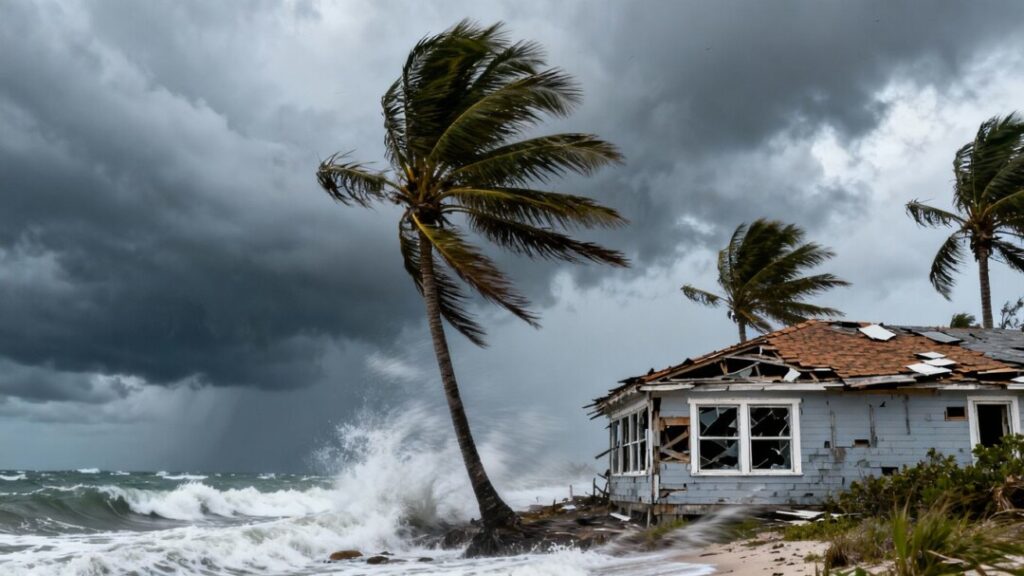One year after Hurricanes Helene and Milton wreaked havoc on Florida real estate transactions, the critical role of the "force majeure" clause in standard contracts is being highlighted. The storms caused widespread disruptions, including the shutdown of closing offices, pauses in new insurance policies, delayed lender approvals, and rescheduled inspections, making timely closings impossible for many.
Key Takeaways
- The force majeure clause in Florida Realtors/Florida Bar ("FR/BAR") contracts automatically extends deadlines when unforeseen events prevent parties from meeting them.
- This provision protects both buyers and sellers from default during circumstances beyond their control.
- While offering broad protection, the clause does not automatically cover the inability to obtain homeowner’s insurance in cash transactions.
Understanding Force Majeure in FR/BAR Contracts
The FR/BAR Residential Contract for Sale and Purchase and the "AS IS" Contract for Sale and Purchase both include a force majeure provision in Paragraph 18(G). This clause stipulates that if a "Force Majeure Event"—such as hurricanes, floods, pandemics, or government shutdowns—hinders a party’s ability to meet a contractual deadline, those deadlines are automatically extended. The extension period lasts up to seven days after the event ceases to prevent performance, during which neither party is considered in default.
This provision is designed to shield both buyers and sellers from penalties when uncontrollable circumstances render performance temporarily impossible. The real-world impact was evident following Hurricanes Helene and Milton, which brought entire regions to a standstill. Closing companies were unable to operate, lenders halted approvals, insurers ceased issuing new policies, and many properties required re-inspection. Without the force majeure clause, numerous transactions could have resulted in defaults. Instead, the clause effectively paused deadlines, allowing parties up to seven additional days to fulfill their obligations once normal operations resumed. This grace period was crucial for confirming insurance, assessing damage, and completing closings without the immediate threat of default.
Limitations of the Force Majeure Clause
Despite its broad protections, the FR/BAR contract has a notable gap: it does not include a built-in contingency for securing homeowner’s insurance. In financed transactions, this risk is indirectly mitigated as lenders require proof of insurance before funding. If coverage cannot be obtained, the loan cannot close, which then triggers the force majeure protections. However, in cash transactions, this safety net is absent. A buyer’s obligation to close is not contingent on obtaining insurance. Consequently, if insurers impose a moratorium and refuse to bind coverage, the inability to secure insurance, on its own, is insufficient grounds to delay a closing under the force majeure clause.
This means a cash buyer might be compelled to close without insurance or face default, unless they have proactively included the Homeowner’s/Flood Insurance Rider in their contract. The anniversaries of Hurricanes Helene and Milton serve as a stark reminder that Florida’s real estate market is particularly susceptible to weather-related and other uncontrollable events. Understanding both the strengths and limitations of the force majeure clause, especially for cash buyers concerning insurance, is essential for navigating these uncertain times with confidence.


